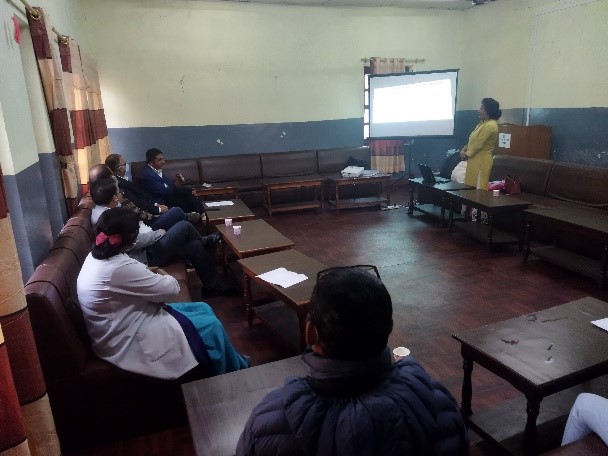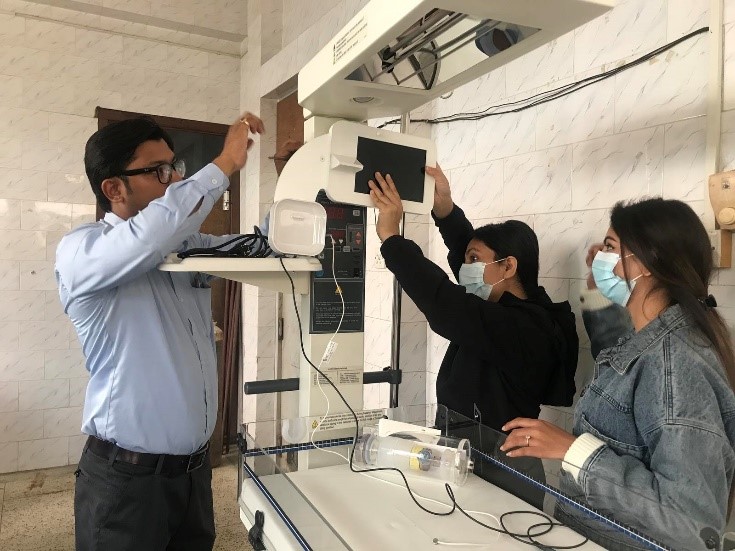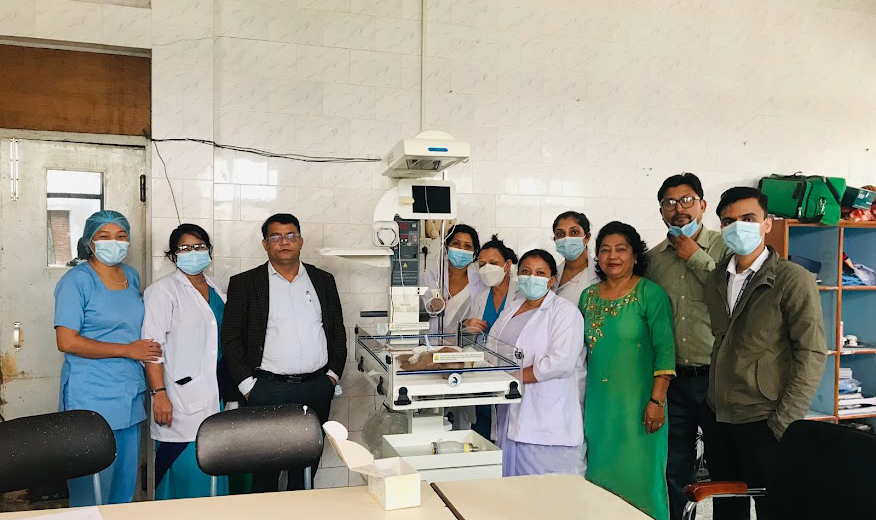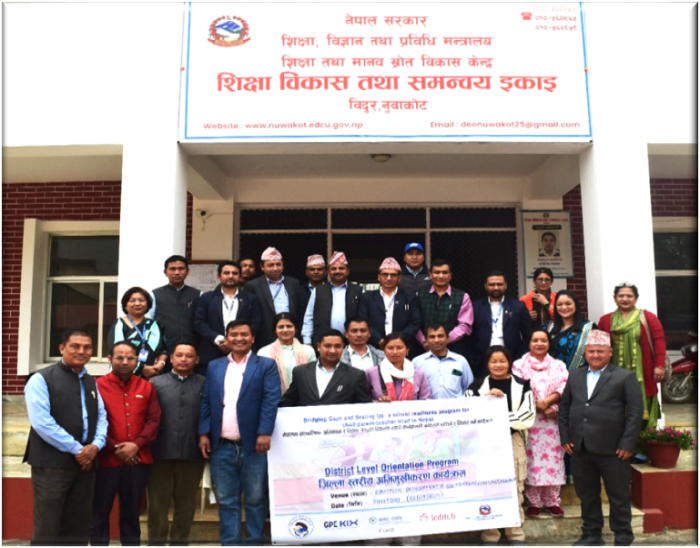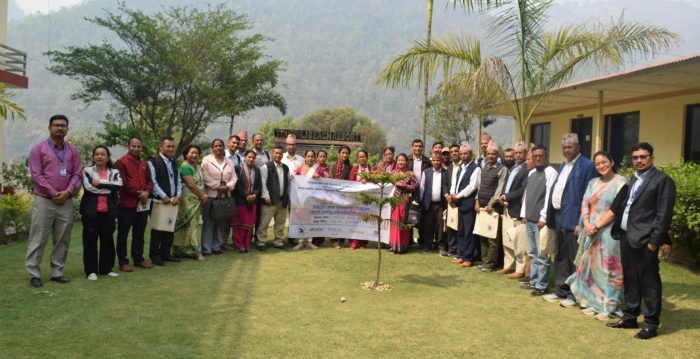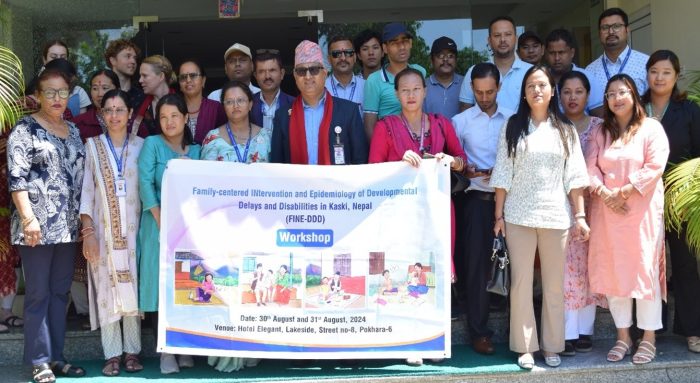Background
High quality neonatal resuscitation is a key to save newborn lives, prevent brain injury and optimize child development, yet the quality of care remains far below standards. In this project, we investigate the use of video filming of neonatal resuscitation (source of data) to develop a machine learning application which automatically detects neonatal resuscitation activity. This artificial intelligence system will assist to standardize resuscitation in neonates requiring assisted ventilation on the resuscitation table. The MAchine Learning Application (MALA) installed in a tablet mounted on the resuscitation table detects the baby’s crying (sound), breathing (chest movement) and health worker’s resuscitation action (stimulation, suctioning and bag-and-mask ventilation), and provides real-time feedback (reminder) on steps of resuscitation.The real-time feedback will be in the form of audio and visual signals from the tablet during resuscitation. Following the completion of resuscitation, MALA provides a summary feedback on the resuscitation steps followed as per the resuscitation guideline.
Date and Venue:
The orientation meeting was conducted on 22nd of November 2021 at the meeting hall of Bharatpur Hospital, Bharatpur, Chitwan, Nepal.
Participants:
Hospital Director, HoD of Obs and Gynaecology, HoD of Pediatric ward, Nursing Chief, Maternity Ward Incharge,Medical Recorder, Staff Nurses and Golden Community Staffs.
Objectives of the orientation program:
The main objective of the orientation program was to provide information to the hospital stakeholders regarding improving the neonatal resuscitation guideline using machine learning application(MALA) as reminder and feedback during resuscitation on the resuscitation table. Also to address the goals of the project i.e is to co-design MAchine Learning Application (MALA) together with health worker’s,to create and validate the intervention (MALA) which can detect neonatal resuscitation activity on resuscitation table and to assess the acceptability and feasibility of MALA as real-time reminder and feedback to health worker for improving resuscitation performance.
